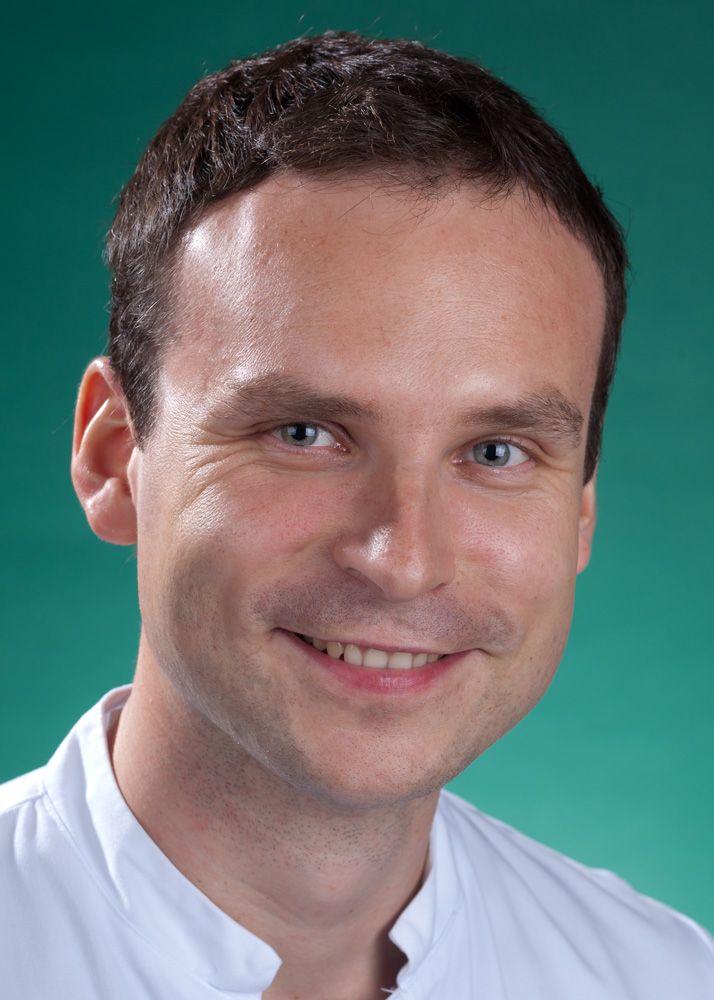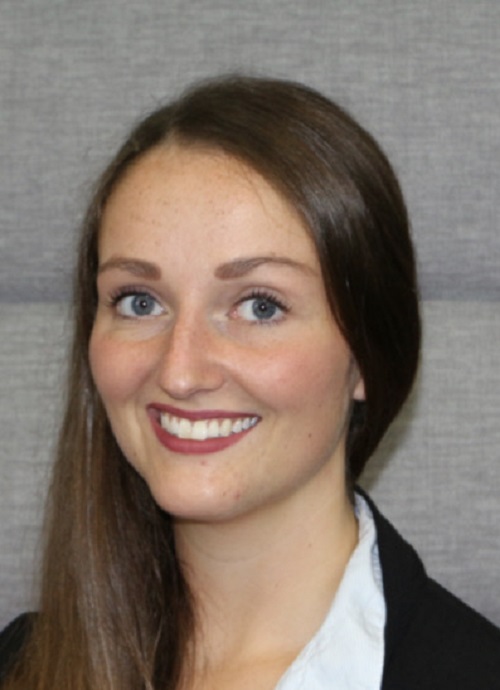Translational Microbiome Research and Clinical Application of Next-Generation Sequencing of Pathogens
The advent of next-generation sequencing (NGS) technology has revolutionized scientific approaches also in the field of microbiology. In order to translate the scientific discoveries of the past years into clinical practice, we are working on ways to implement and use NGS to inform healthcare practitioners at the bedside. We have performed NGS in several nosocomial infectious disease scenarios. In addition, NGS is used as a means to genetically characterize novel, emerging, and non-model microorganisms in a clinical context. Within the framework of a multidisciplinary study with the acronym IMAGINE (Identification of microbial antibiotics to protect the physiologic microbiota at body surfaces), we analyze microbiomes of a variety of body compartments, such as skin, gut, conjunctiva, gall bladder and the oral cavities. The aim is to compare the microbiomes of healthy individuals with those of diseased patients, thereby uncovering pathogens that prolong or worsen a certain common disease, and treat those specifically. On the other hand, we aim to detect beneficial commensal microbiota. Many commensal bacteria are known to produce secondary metabolites, that have a protective effect on the human host. In the course of this study, we strive to detect these microbiota and analyze the potential of novel antibiotic compounds, which they might harbor. If you are interested to learn more about this part of IMMH research, please feel free to contact us.

Univ.-Prof. Dr. med. Dr. phil. Sören Becker
Tel.: +49 (0) 6841 16-23900
Fax: +49 (0) 6841 16-23985
E-Mail: mikrobiologie@uks.eu

Dr. rer. nat. Jacqueline Rehner
Tel.: +49 (0) 6841 16-23962
Fax: +49 (0) 6841 16-23985
E-Mail: jacqueline.rehner@uks.eu
Selected publications by members of the research group covering this topic:
Decoding the diagnostic and therapeutic potential of microbiota using pan-body pan-disease microbiomics
Schmartz GP, Rehner J, Gund MP, Keller V, Molano LG, Rupf S, Hannig M, Berger T, Flockerzi E, Seitz B, Fleser S, Schmitt-Grohé S, Kalefack S, Zemlin M, Kunz M, Götzinger F, Gevaerd C, Vogt T, Reichrath J, Diehl L, Hecksteden A, Meyer T, Herr C, Gurevich A, Krug D, Hegemann J, Bozhueyuek K, Gulder TAM, Fu C, Beemelmanns C, Schattenberg JM, Kalinina OV, Becker A, Unger M, Ludwig N, Seibert M, Stein ML, Hanna NL, Martin MC, Mahfoud F, Krawczyk M, Becker SL, Müller R, Bals R, Keller A. (2024)
Nat Commun. 15(1):8261.
The Effect of a Planetary Health Diet on the Human Gut Microbiome: A Descriptive Analysis
Rehner J, Schmartz GP, Kramer T, Keller V, Keller A, Becker SL (2023)
Nutrients 15(8):1924
DOI: 10.3390/nu15081924
Characteristics of the Skin Microbiome in Selected Dermatological Conditions: A Narrative Review
Olunoiki E, Rehner J, Bischoff M, Koshel E, Vogt T, Reichrath J, Becker SL (2022)
Life (Basel) 12(9):1420.
DOI: 10.3390/life12091420
WGS for infection prevention and control in Africa
Becker SL (2020)
Lancet Microbe 1(3):e95-e96
Exploring microbial diversity and biosynthetic potential in zoo and wildlife animal microbiomes
Schmartz GP, Rehner J, Schuff MJ, Molano LG, Becker SL, Krawczyk M, Tagirdzhanov A, Gurevich A, Francke R, Müller R, Keller V, Keller A. (2024)
Nat Commun. 15(1):8263.
Occurrence, resistance patterns, and management of carbapenemase-producing bacteria in war-wounded refugees from Ukraine
Berger FK, Schmartz GP, Fritz T, Veith N, Alhussein F, Roth S, Schneitler S, Gilcher T, Gärtner BC, Pirpilashvili V, Pohlemann T, Keller A, Rehner J, Becker SL (2023)
Int J Infect Dis. 132:89-92
Systematic Cross-biospecimen Evaluation of DNA Extraction Kits for Long- and Short-read Multi-metagenomic Sequencing Studies
Rehner J, Schmartz GP, Groeger L, Dastbaz J, Ludwig N, Hannig M, Rupf S, Seitz B, Flockerzi E, Berger T, Reichert MC, Krawczyk M, Meese E, Herr C, Bals R, Becker SL, Keller A, Müller R; IMAGINE Consortium. (2022)
Genomics Proteomics Bioinformatics 20(2):405-417
Qualitative microbiome profiling along a wastewater system in Kampala, Uganda
Schneeberger PHH, Fuhrimann S, Becker SL, Pothier JF, Duffy B, Beuret C, Frey JE, Utzinger J (2019)
Sci Rep. 9:17334.

Funding
- Marie Skłodowska-Curie Actions (MSCA)
- UdS/HIPS Tandem
